

The Legality of Marijuana Around the World
In recent years, the conversation around cannabis—especially medical cannabis—has shifted dramatically on the global stage. What was once a taboo subject or an outright illegal substance is now being explored by governments, researchers, and patients as a potential medical tool. The world is watching and adapting, but the rules vary widely, and for Canadians who rely on cannabis for chronic pain, mental health, or other ongoing conditions, it’s important to understand how laws change once you leave the country.
In Canada, medical cannabis is federally legal and regulated by Health Canada. Canadians with a valid cannabis prescription can access medical marijuana through licensed producers or grow their own with an ACMPR licence (Access to Cannabis for Medical Purposes Regulations). However, that federal protection stops at the border. Once abroad, your Canadian rights don’t apply unless the destination country has aligned laws or special permits, like the Jamaica Medical Cannabis Permit, which GrowLegally helps patients acquire.
Countries like Germany, Australia, and Israel have robust medical cannabis frameworks. Germany’s national health insurance even covers cannabis for approved conditions. In Australia, medical cannabis has been legal since 2016, but it's strictly controlled and requires a prescription. Israel has long been a pioneer in cannabis research and offers regulated medical access, particularly for PTSD and chronic pain—areas where Canadian patients often seek treatment options.
The U.S. presents a more complex picture. Cannabis is still federally illegal, but many states—such as California, New York, and Illinois—have legalized both medical and recreational use. This means you may legally purchase cannabis in certain states if you’re a resident, but Canadian travellers are not protected. Travelling across state lines with cannabis, even within the U.S., can still result in serious legal consequences. For Canadians, this creates a risk, especially if you’re carrying more than the legal recreational limit of 30 grams or don't have proper documentation.
Some countries have relaxed enforcement or allow limited use. For instance, Portugal decriminalized all drugs, focusing instead on harm reduction. Thailand made headlines recently by legalizing cannabis, but its laws remain in flux and do not always favour foreign patients or tourists. The Netherlands has long tolerated cannabis in its infamous coffee shops, but it’s technically illegal and only decriminalized under specific conditions.
There are also countries where cannabis remains strictly illegal, with harsh penalties even for small amounts. Nations in Southeast Asia and the Middle East—including Indonesia, Singapore, and the UAE—impose severe punishments for cannabis possession, and a valid Canadian prescription will not protect you. If you’re travelling internationally with your medication, it’s crucial to research the laws of your destination and transit countries, or better yet, consult with an expert.
At GrowLegally, we’ve helped countless patients secure proper medical documentation, obtain grow licences, and even apply for travel permits where permitted. The global legal patchwork can be confusing, but you don’t have to navigate it alone. Whether you’re in Toronto, Vancouver, Calgary, or anywhere in Canada, our team is here to support your journey.
Understanding the difference between recreational and medical cannabis in Canada is also key when travelling. While Canada permits both uses domestically, medical cannabis patients benefit from increased possession limits, more strain options, and legal rights tied to medical documentation. This is especially important when dealing with border agents or applying for a medical cannabis travel permit.
As international conversations evolve, so too does the understanding and acceptance of medical marijuana. Clinical research continues to uncover potential therapeutic uses, and advocacy movements are pushing for broader access across borders. While cannabis laws worldwide are still a work in progress, the future looks promising for patients seeking relief.
If you're a Canadian medical cannabis patient planning to travel or are simply curious about your rights abroad, we recommend speaking to one of our experts. Your health and safety should always come first.
Contact GrowLegally today to learn more about safe, legal cannabis use at home and abroad.
Previous Post
Next Post

Storing Medical Cannabis – Learn how to properly store your cannabis and keep its potency strong.
Go To Post
Before Acquiring Medical Marijuana, Here Are 2 Questions That Your Doctor Is Likely To Ask You (Plus a Bonus One!)
Go To Post



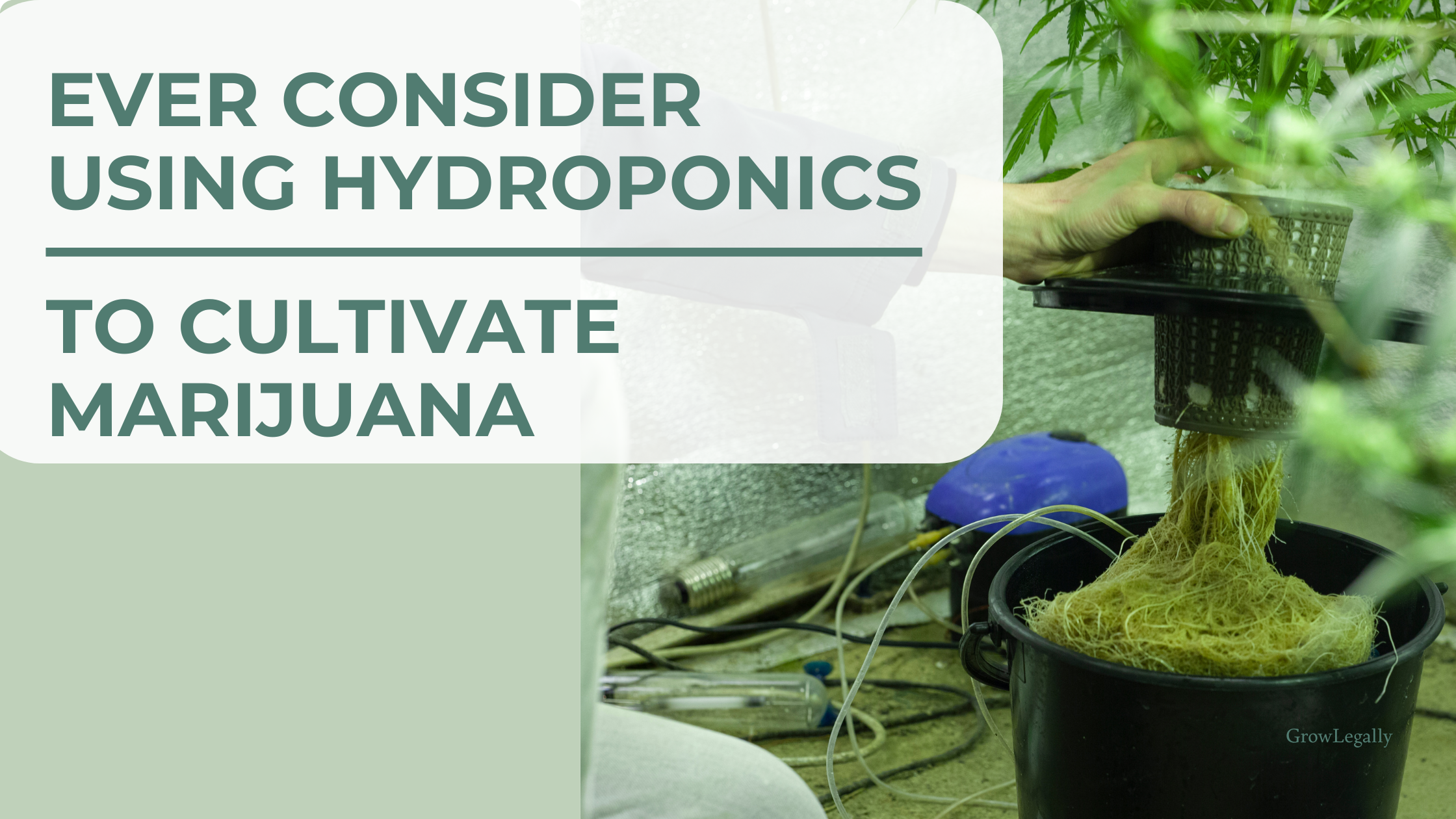

.png)
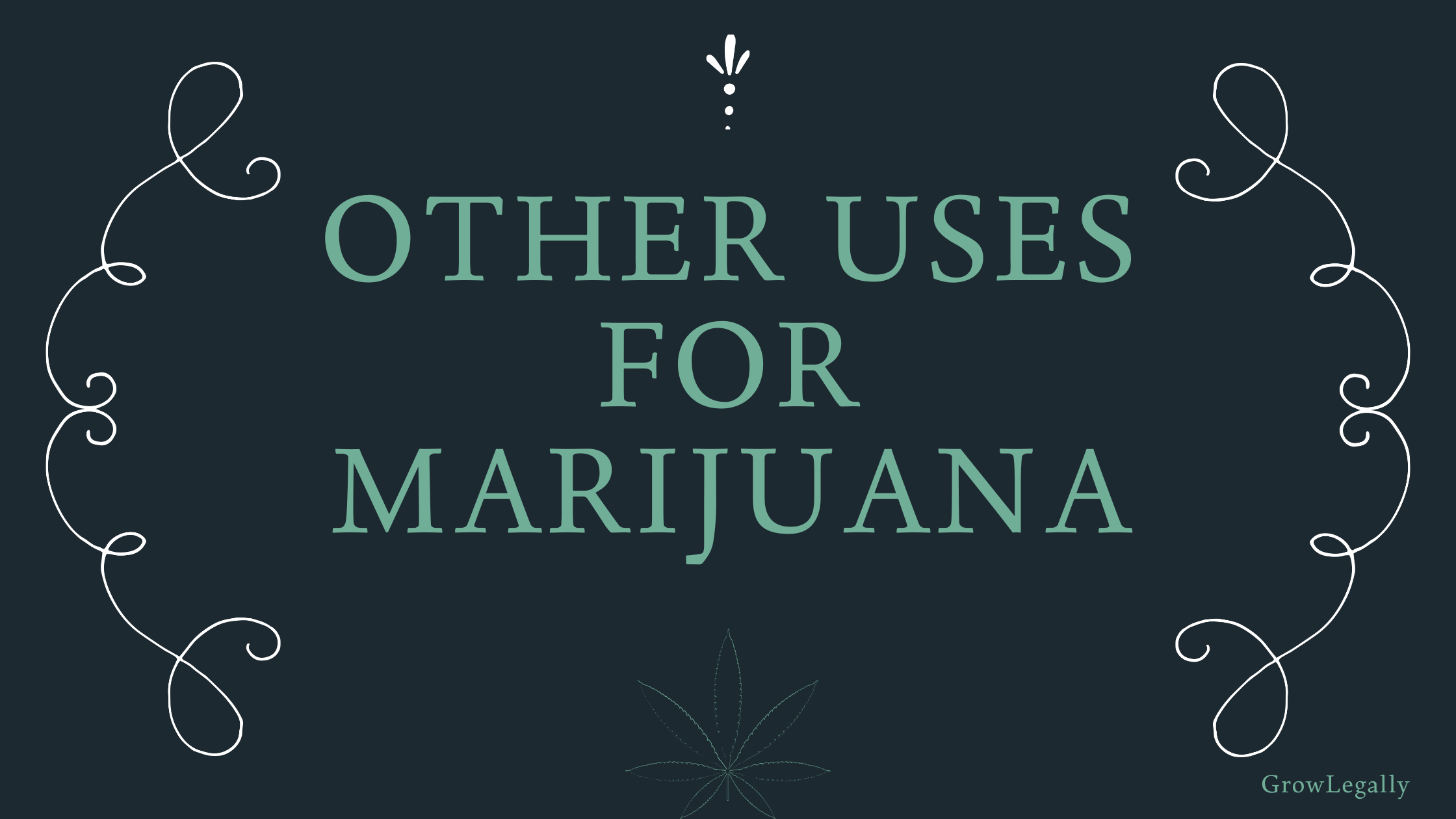


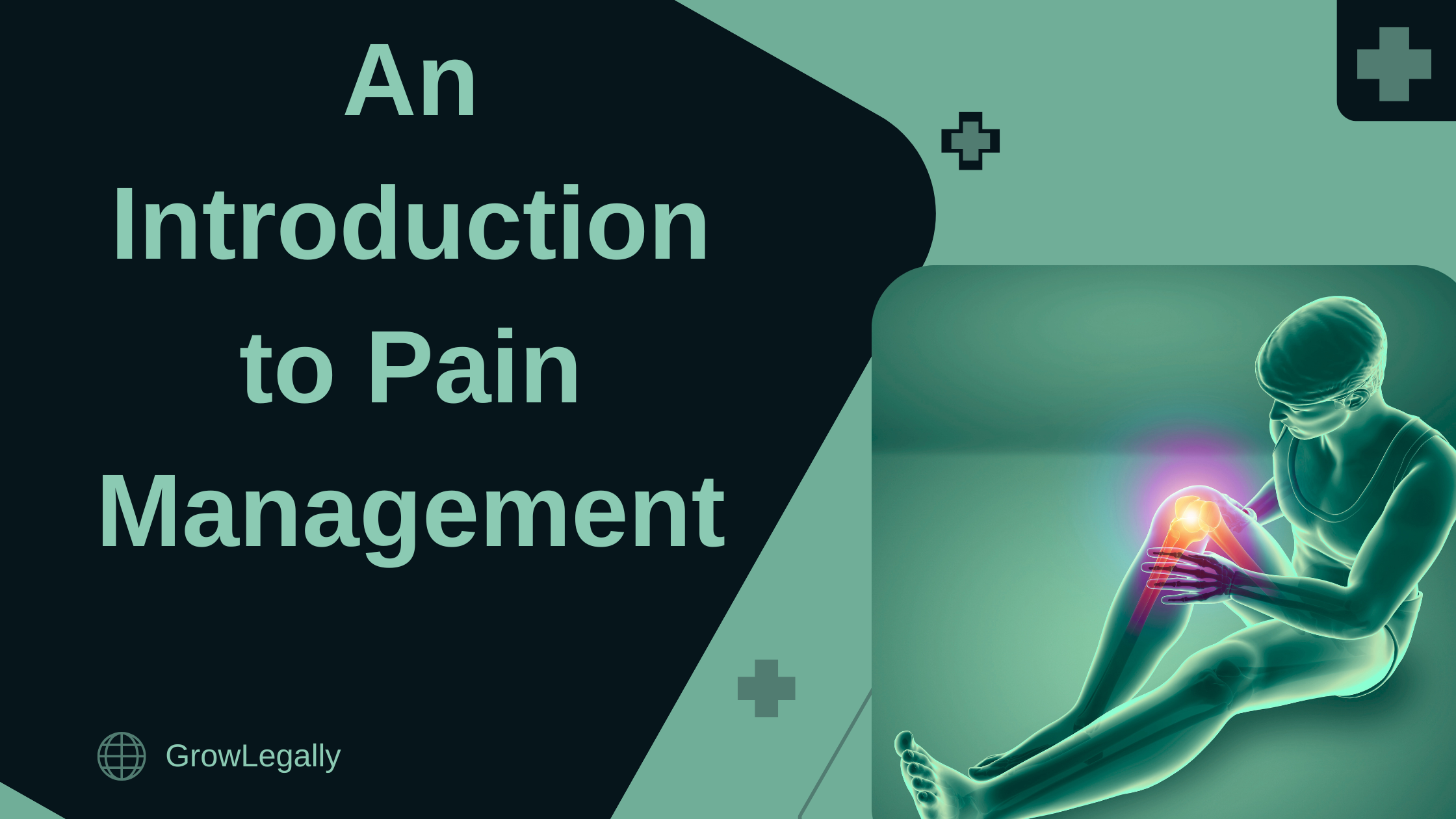

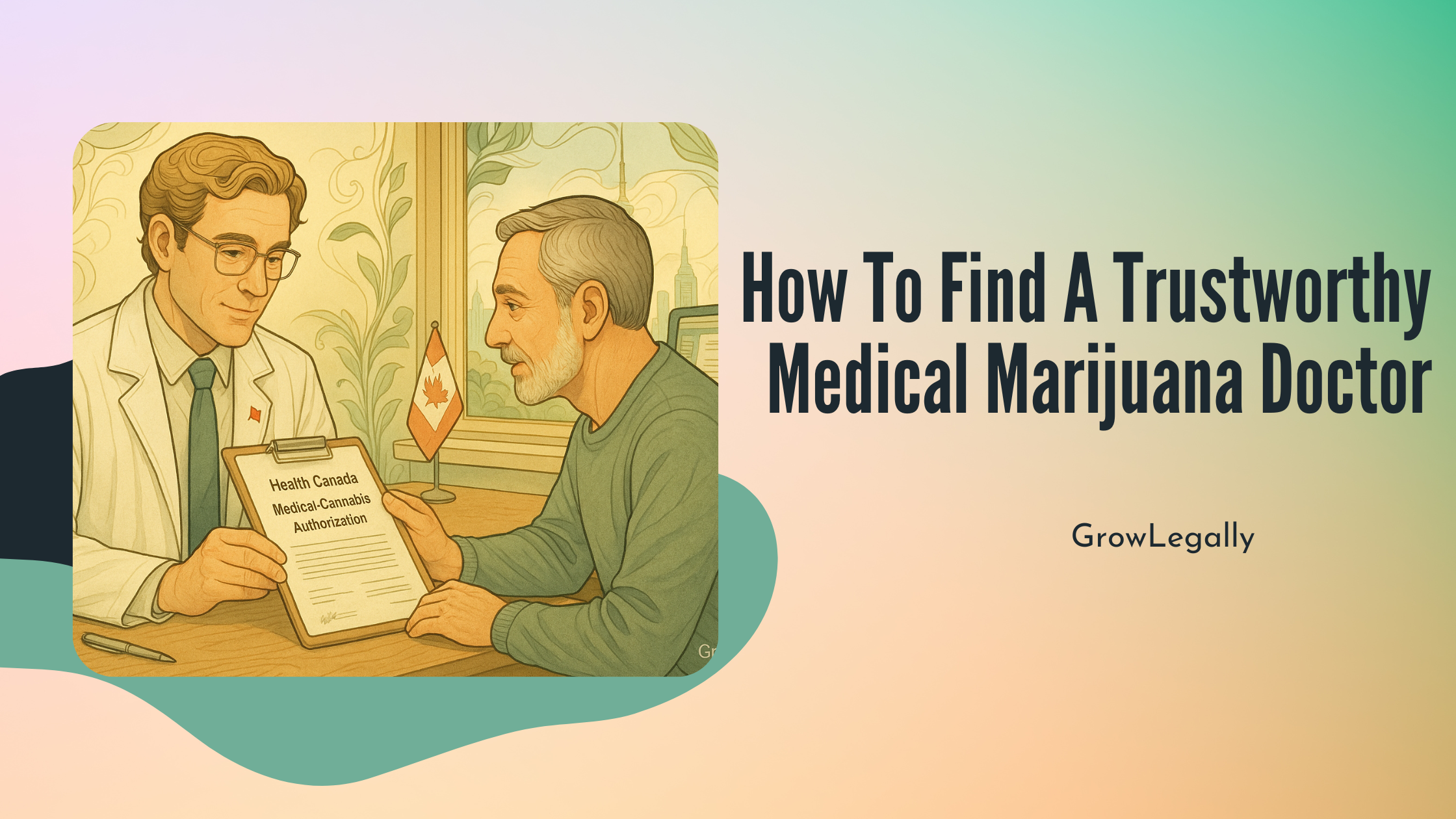

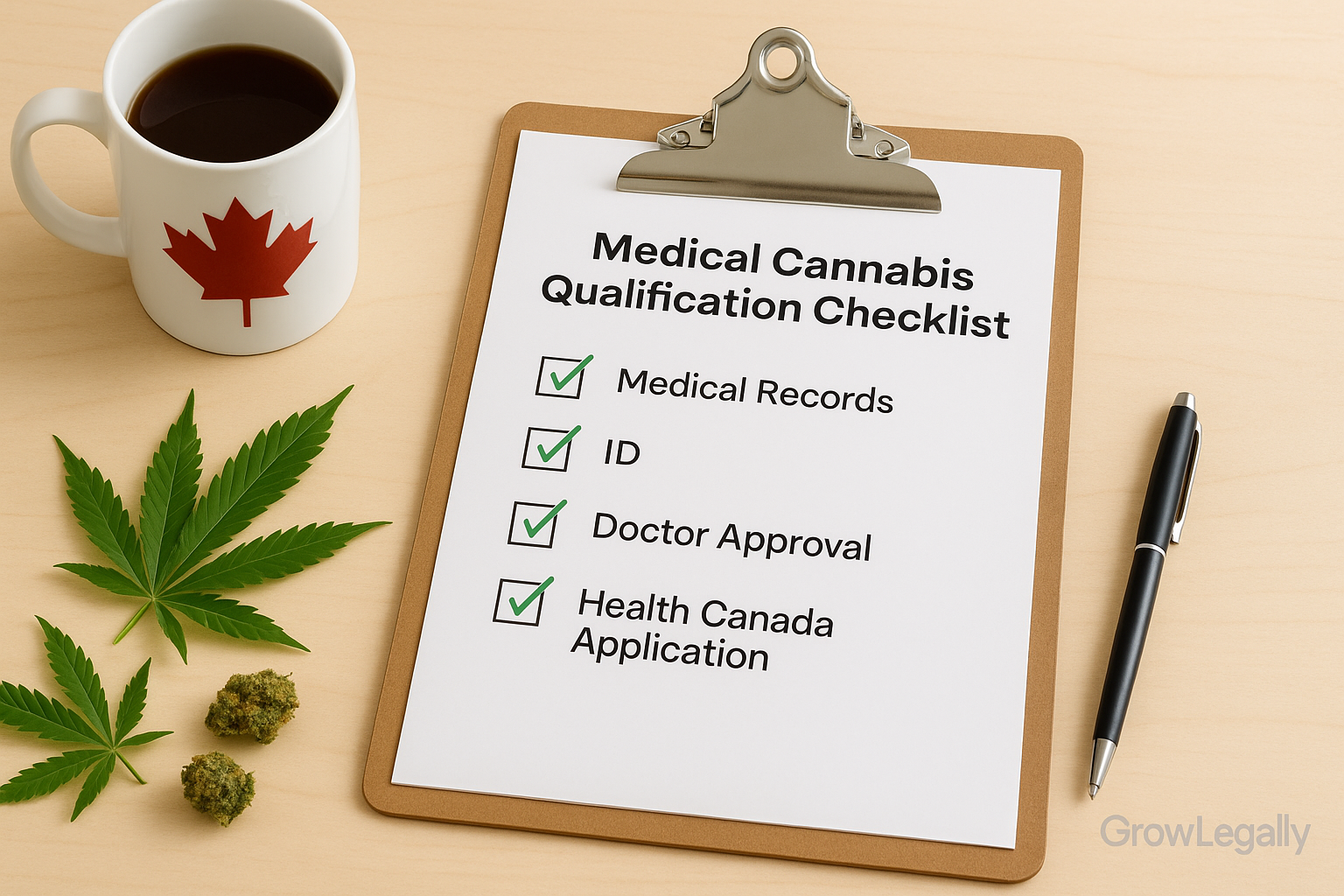
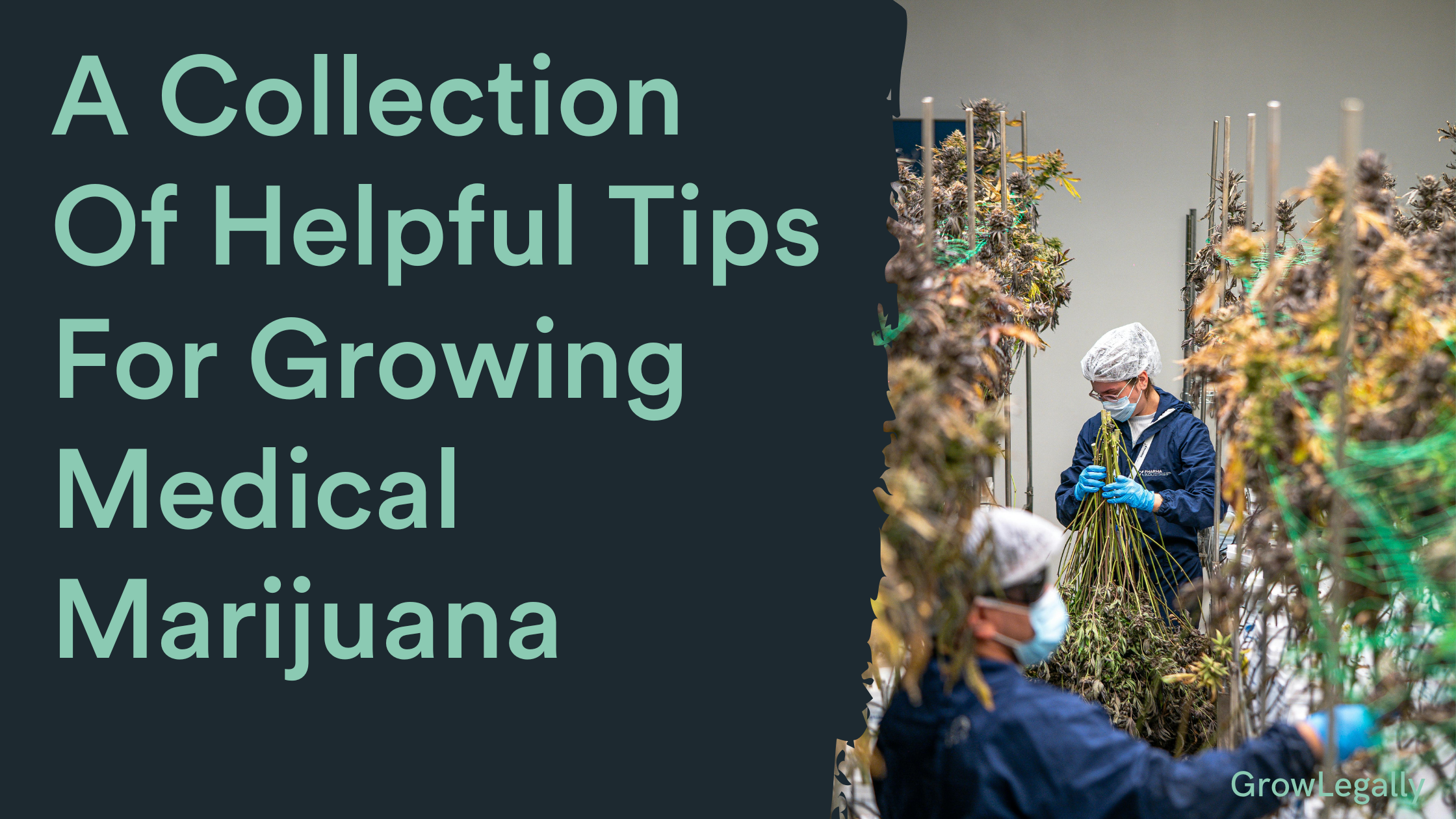
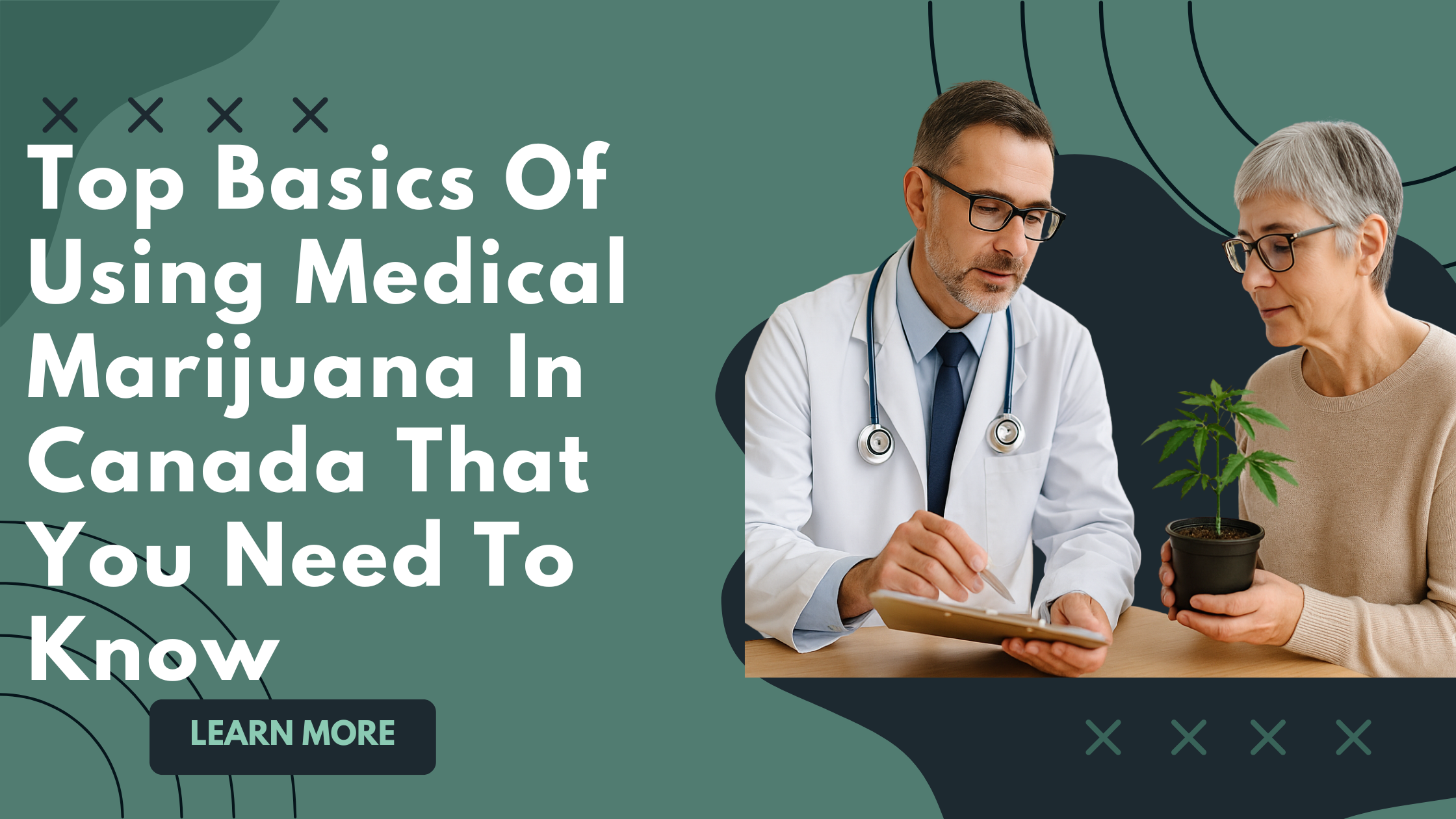
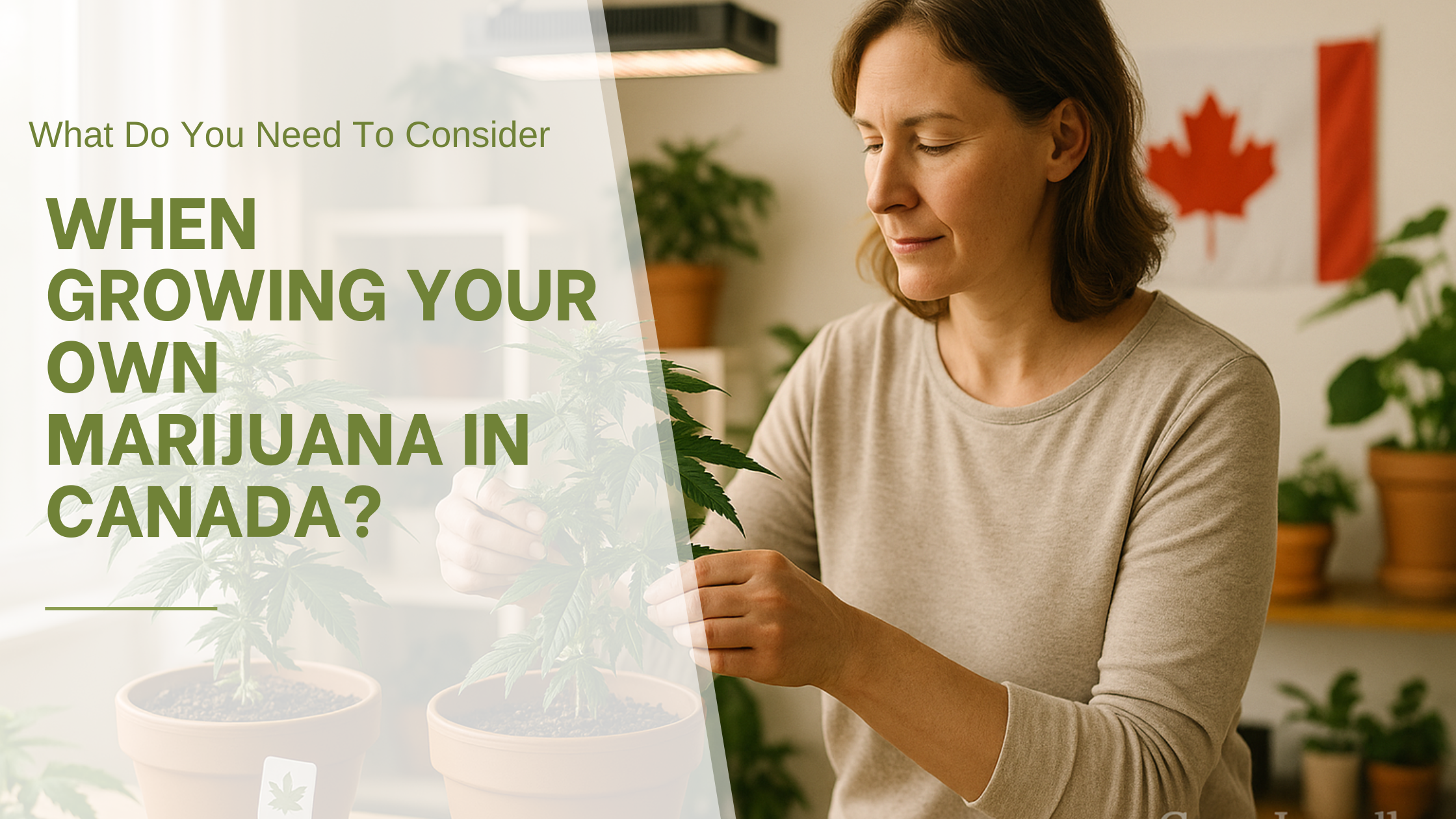


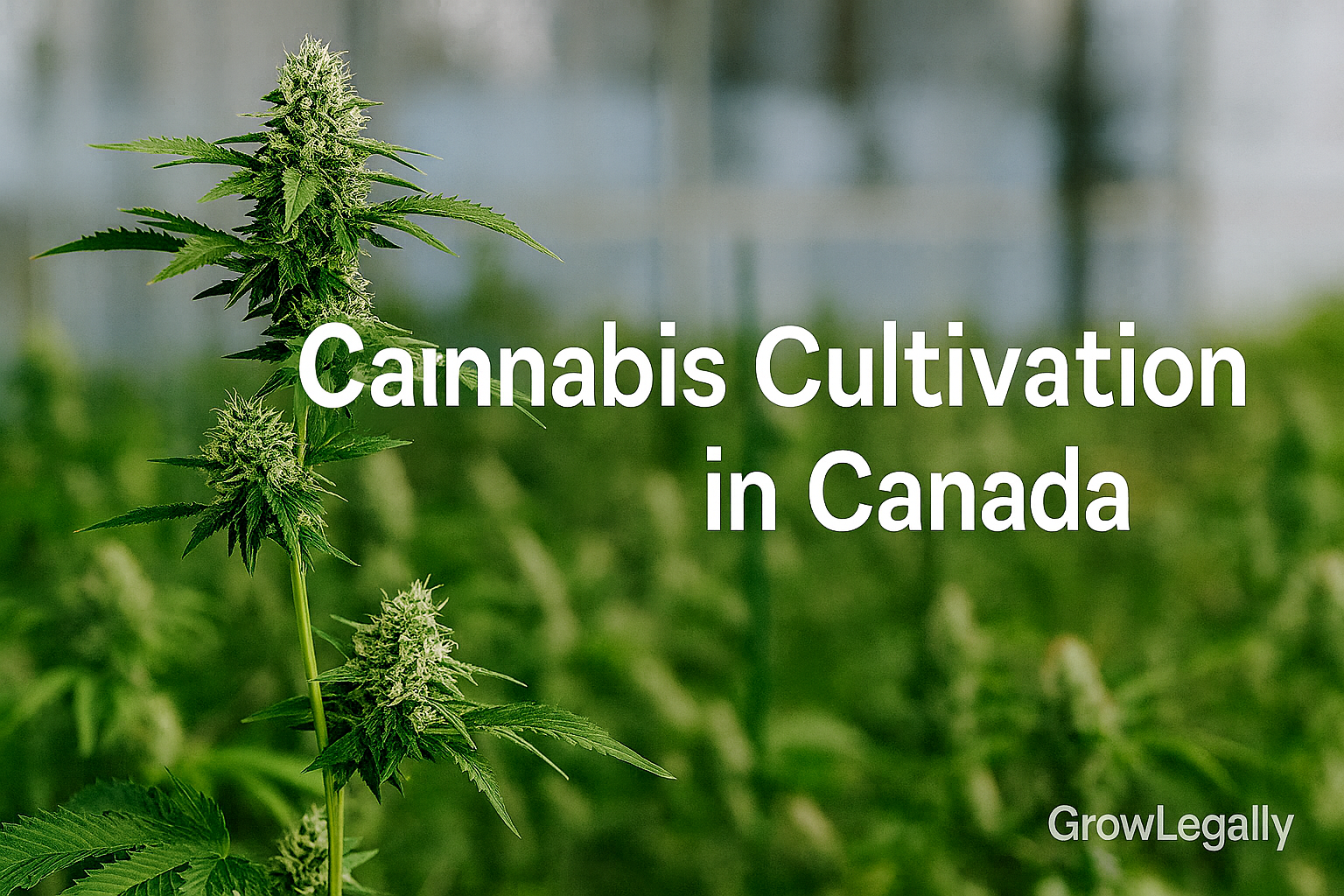
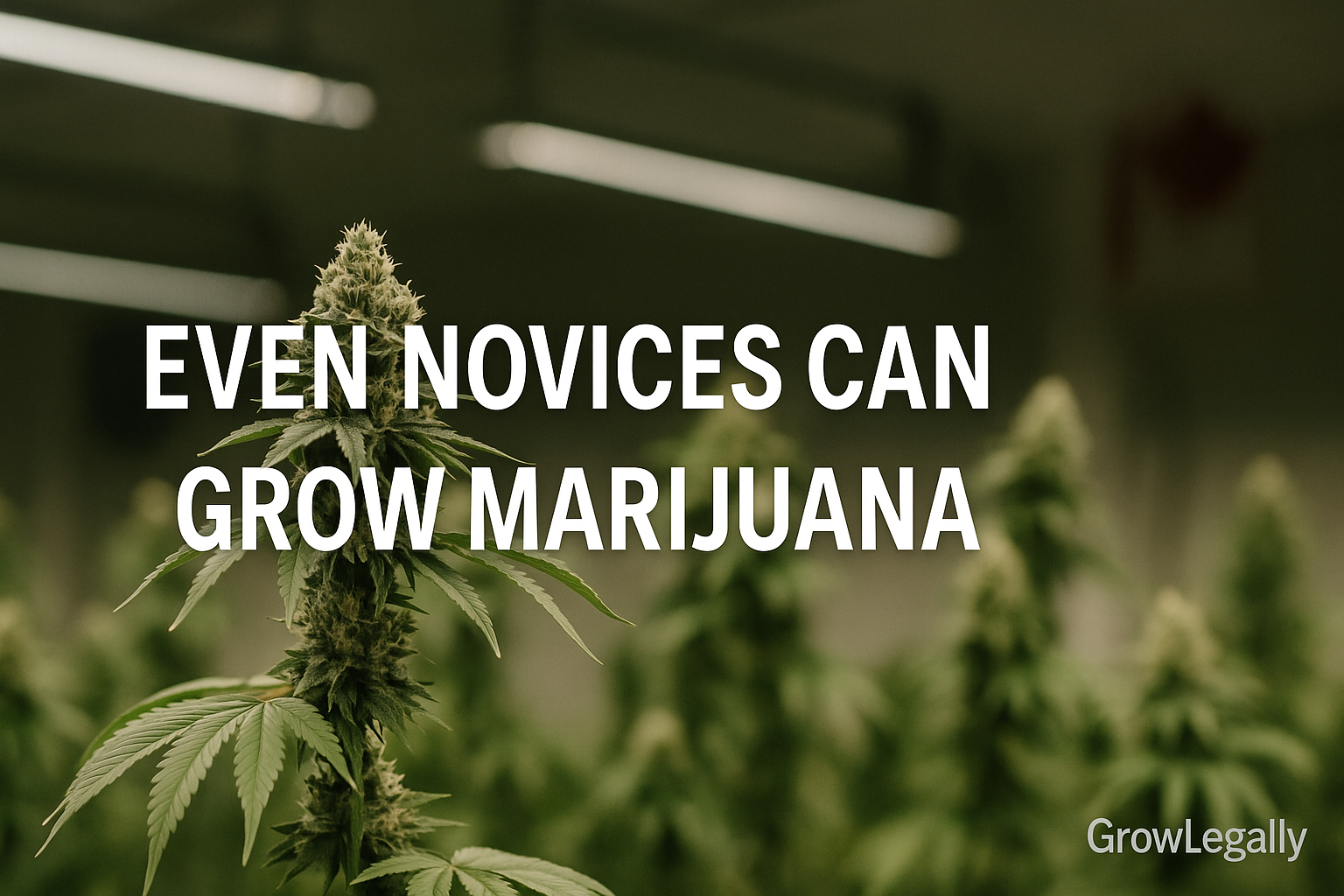


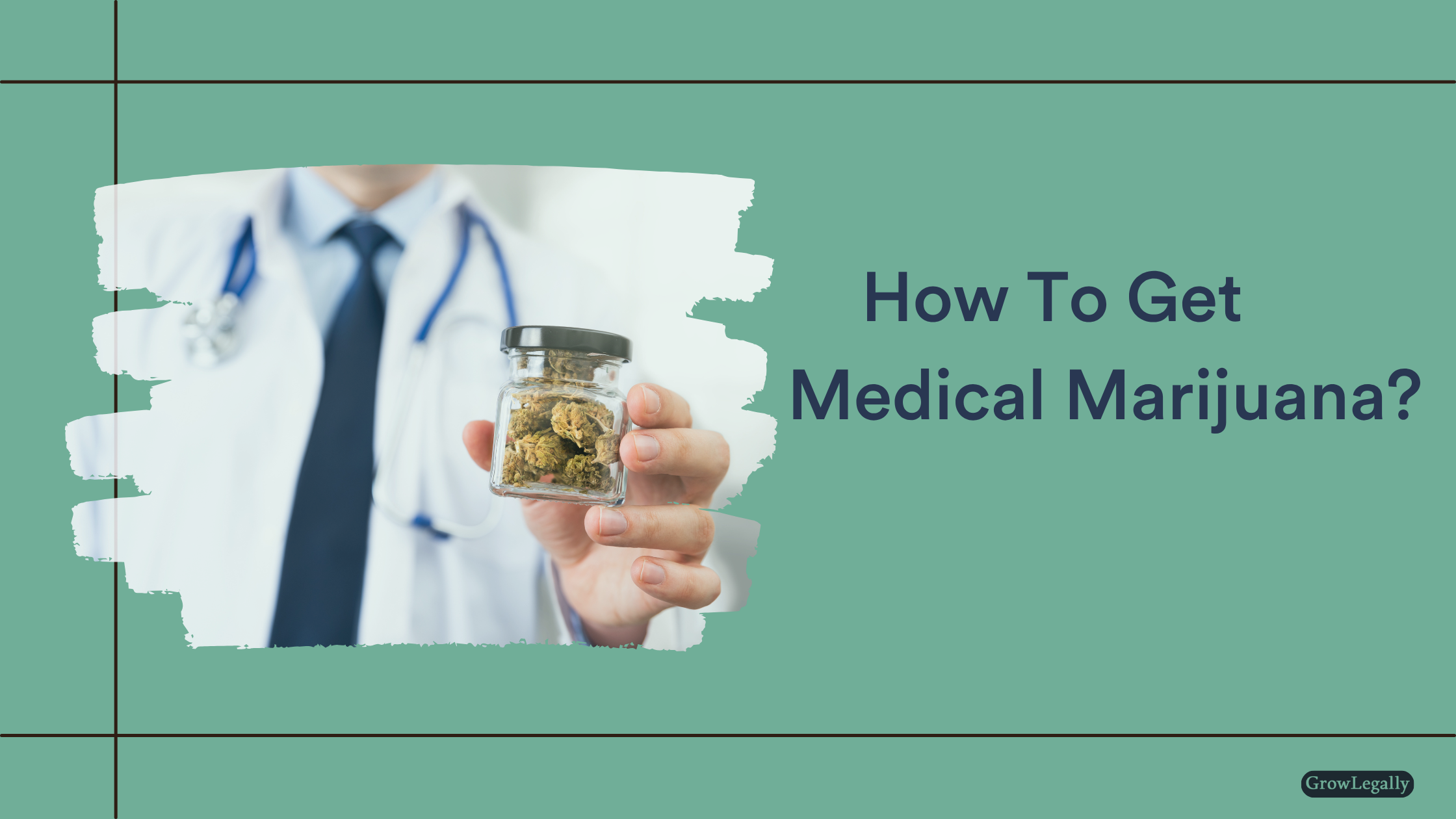

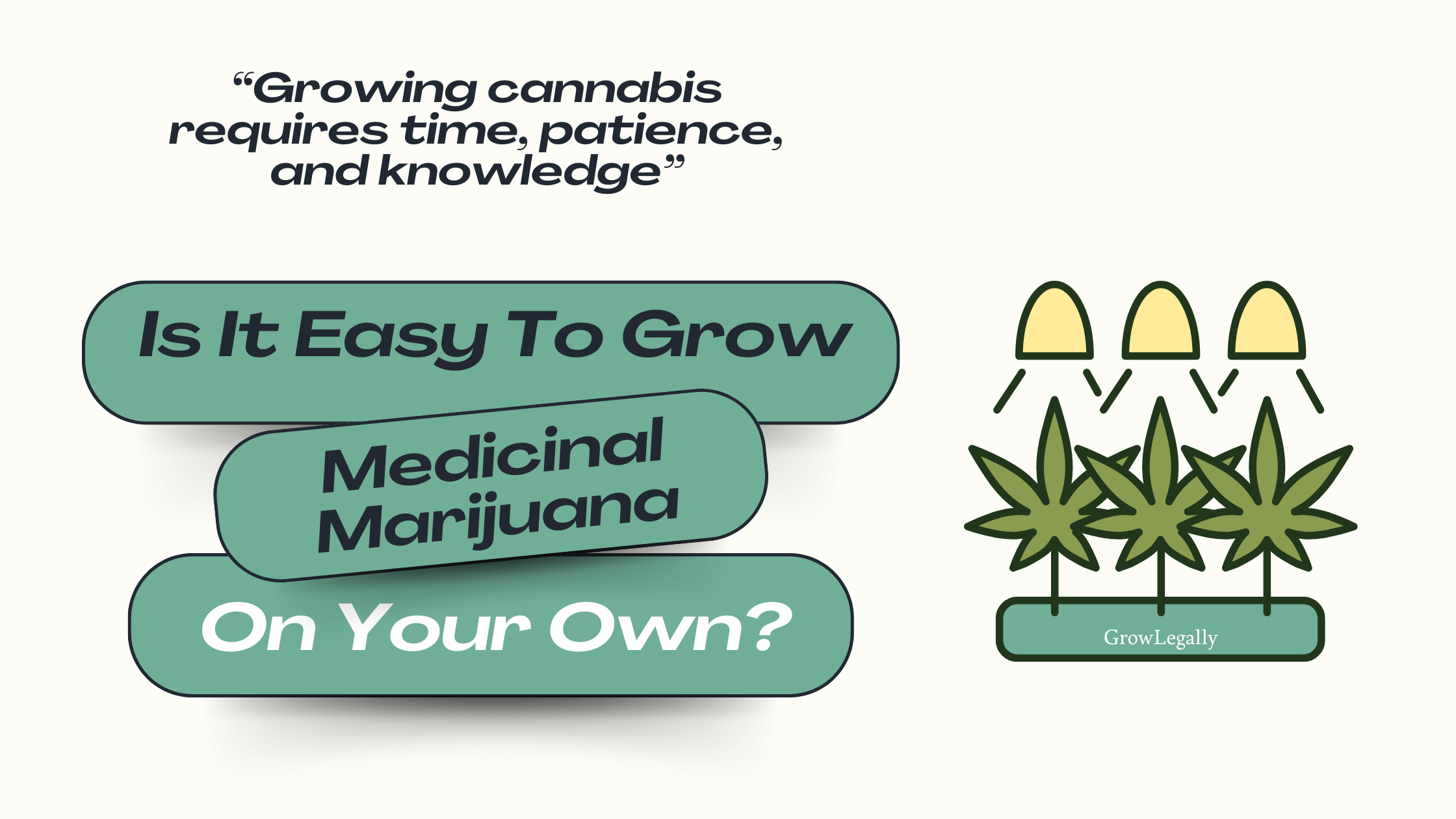
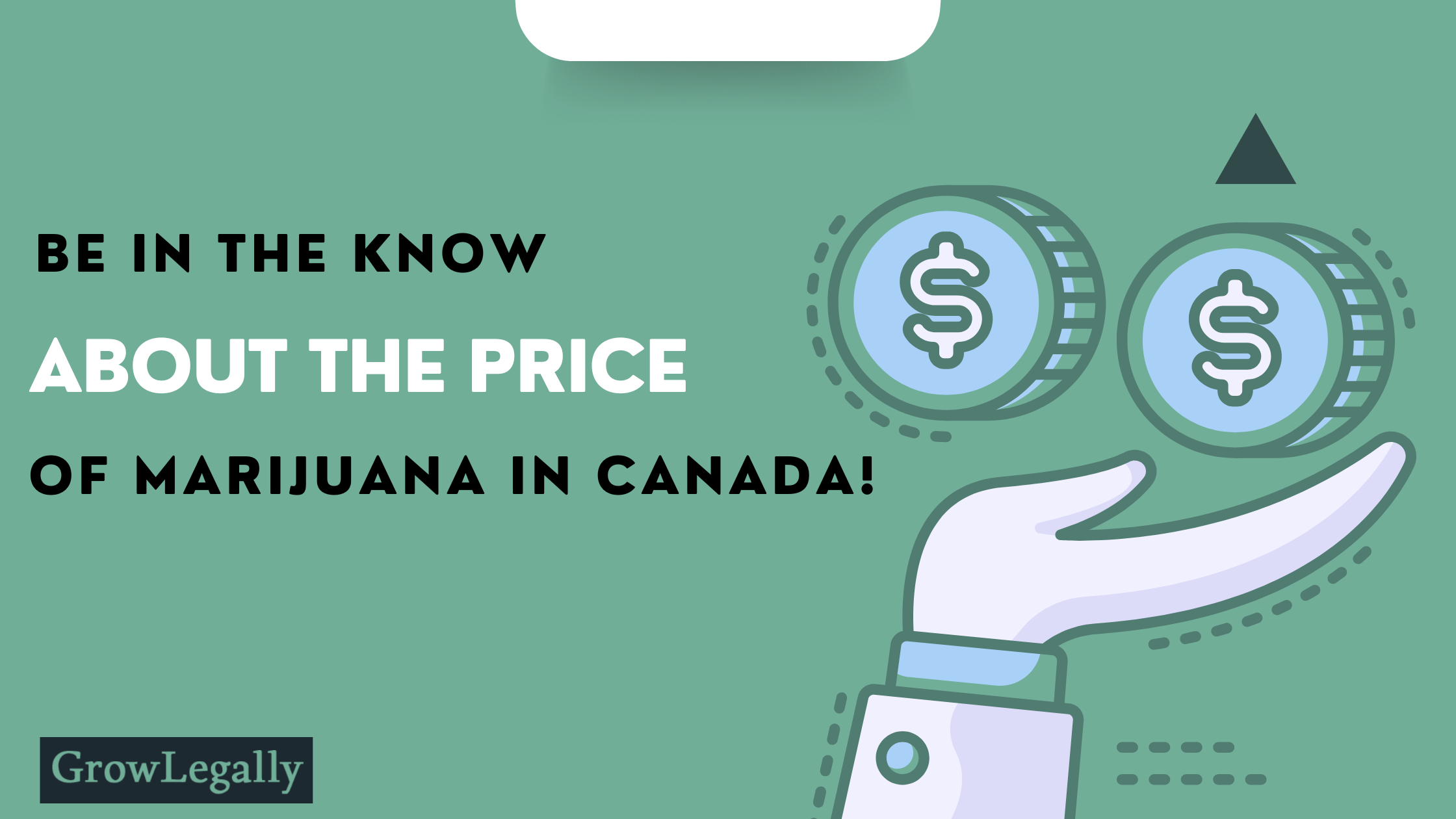





















.png)

















































.png)




























